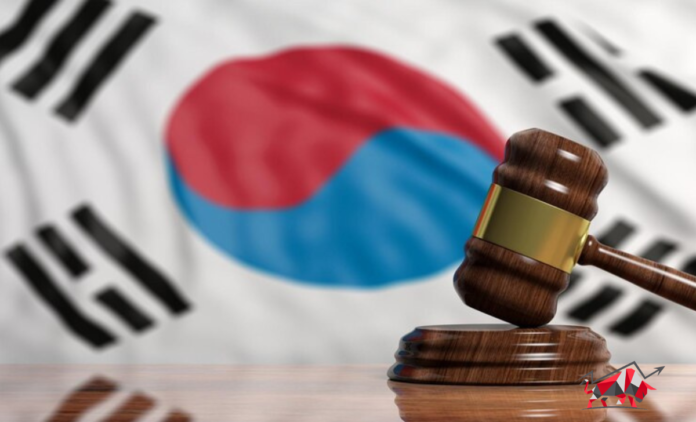South Korea’s new regulations for virtual asset service providers (VASPs) officially took effect on July 19. The rules, known as the “Virtual Asset User Protection Act,” aim to enhance the security of crypto assets and protect users.
Key Requirements for VASPs
According to a statement from the Financial Services Commission (FSC) on July 17, VASPs must:
– Insure Against Hacks: VASPs are required to have insurance to cover potential hacks and malicious attacks.
– Separate Customer Assets: Customer crypto assets must be kept separate from the exchange’s own assets.
– Deposit Safety: Customer deposits must be securely held in banks.
Additionally, VASPs need to maintain strict due diligence to combat money laundering and must report any suspicious transactions to the authorities.
Surveillance and Penalties
VASPs must continuously monitor for suspicious transactions and promptly report any unusual activities to the Financial Supervisory Service (FSS). Those found engaging in unfair trading may face criminal charges or financial penalties.
Exchange Concerns Over Delisting
Crypto exchanges in South Korea have raised concerns about the potential impact of these regulations, particularly regarding the mass delisting of tokens. A group of 20 South Korean exchanges will review 1,333 cryptocurrencies over the next six months. The Digital Asset Exchange Alliance (DAXA) suggested that a sudden mass delisting is unlikely.
Meanwhile, the People’s Power Party, South Korea’s ruling party, has proposed delaying the implementation of a tax on crypto trading profits. On July 12, the party submitted a proposal noting that the current market sentiment towards crypto assets is declining and that enforcing taxes now may not be wise.


